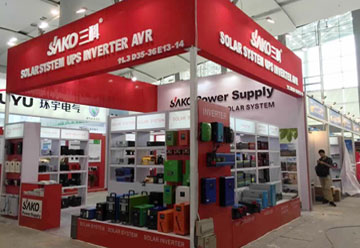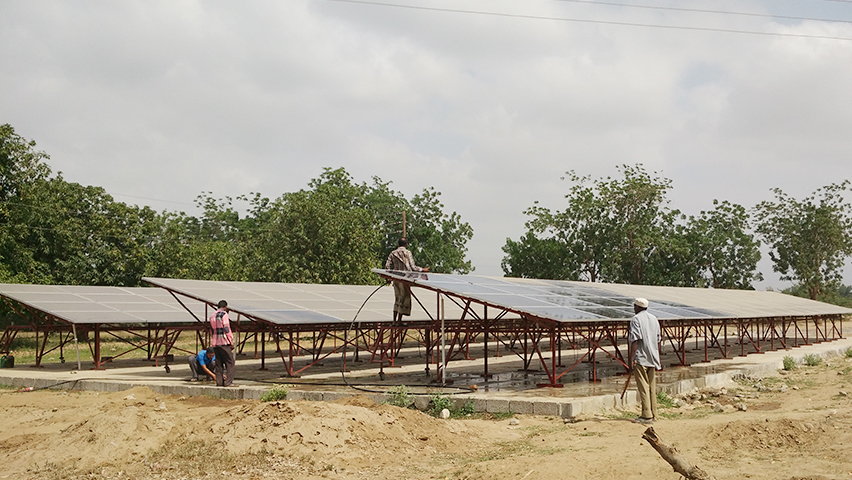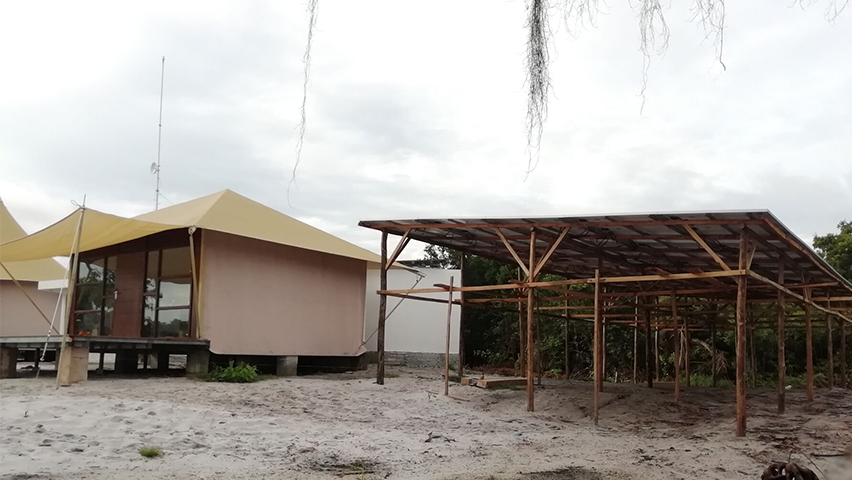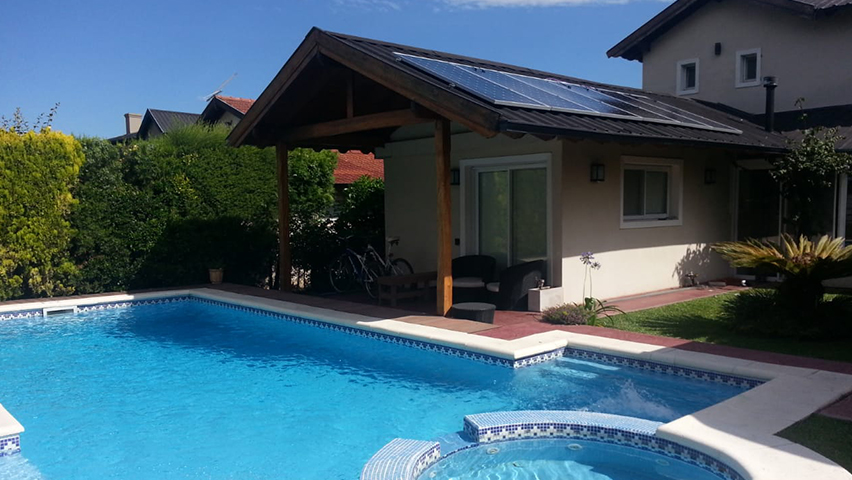This article is about a 48 volt lithium ion battery for inverters. This lithium battery uses a lithium ion rechargeable that can be recharged in 4-8 hours. This battery lasts up to four times longer than the standard lead acid battery, meaning you’ll have more power and better performance when powering your inverter.
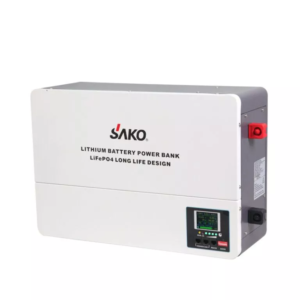
What is a Lithium Battery?
A lithium ion battery is a type of rechargeable battery. They are popular for portable electronics, such as phones and tablets, because they have a longer life than traditional batteries and can be charged quickly. Lithium ion batteries are also used in electric cars.
How Does a Lithium Battery Work?
A lithium ion battery is a type of rechargeable battery that uses lithium to create an electrochemical cell. They have several advantages over other types of batteries, including high energy density and low self-discharge.
The basic principle behind a lithium ion battery is simple: two electrodes (an anode and a cathode) are connected in an electrochemical cell. Lithium ions are inserted into the anode, while electrons flow from the cathode. This creates an electrical current, which can be used to power devices.
Lithium ion batteries have several advantages over other types of batteries. They have high energy densities, meaning they can store more energy than other types of batteries. Additionally, lithium ion batteries have low self-discharge rates – this means they will maintain about 80% of their charge even after being unused for some time.
The Pros of the 48 Volt 100Ah Lithium Battery
The pros of the 48 volt 100ah lithium battery are as follows:
The pros of using a 48 volt 100ah lithium battery in an inverter are that it offers a high capacity, long life, and good price. Additionally, the battery has no memory effect, which is beneficial for intermittent use applications such as solar or wind power.
Conclusion
If you’re looking for 48 volt lithium battery, the SAKO 48 volt lithium ion battery might be a good option for you. This battery has been designed specifically for inverters, and it is capable of handling large amounts of power without suffering from overheating or other issues. Plus, its lithium-ion cells are known to be reliable and durable.

